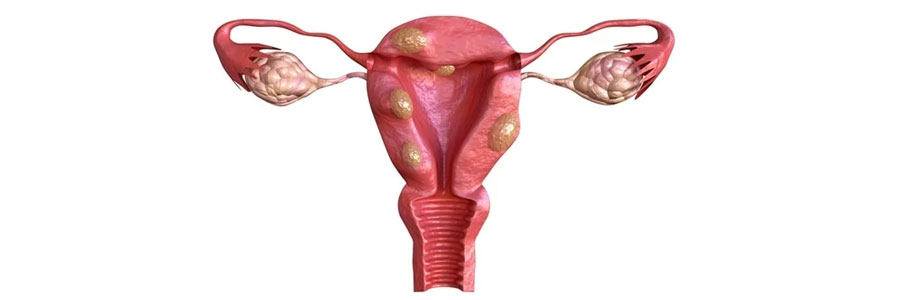Services
Fibroid & related issues

Fibroids, also known as uterine leiomyomas or myomas, are non-cancerous growths that develop in the wall of the uterus. They are one of the most common gynecological conditions affecting women of reproductive age.
Here's an overview of fibroids and related issues:
Types of Fibroids: Fibroids can vary in size, location, and number within the uterus. The main types include:
- Intramural fibroids: located within the muscular wall of the uterus.
- Subserosal fibroids: located on the outer surface of the uterus.
- Submucosal fibroids: located just beneath the inner lining of the uterus (endometrium).
- Pedunculated fibroids: attached to the uterus by a stalk (peduncle).
Symptoms: Many women with fibroids may not experience any symptoms and may only discover them incidentally during a pelvic exam or imaging study. Common symptoms of fibroids may include:
- Heavy menstrual bleeding (menorrhagia)
- Pelvic pain or pressure
- Enlarged abdomen or uterus
- Frequent urination or difficulty emptying the bladder
- Constipation or difficulty with bowel movements
- Painful intercourse
- Backache or leg pains
Diagnosis:
- Fibroids are typically diagnosed through a combination of medical history, pelvic examination, and imaging studies such as ultrasound, MRI, or hysteroscopy.
- Imaging studies help determine the size, location, and number of fibroids, as well as assess their impact on nearby structures.
Follow-Up and Monitoring: Regular follow-up with healthcare providers is important for monitoring the progression of fibroids, assessing symptoms, and adjusting treatment as needed.
